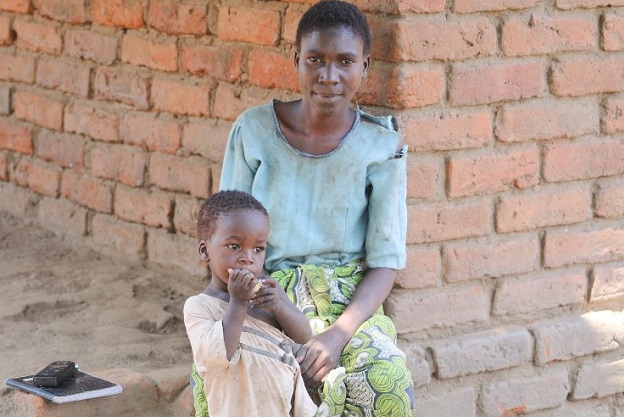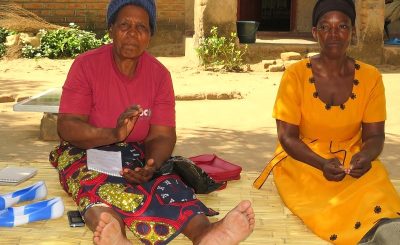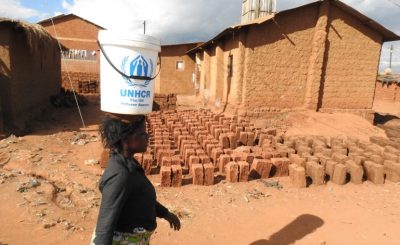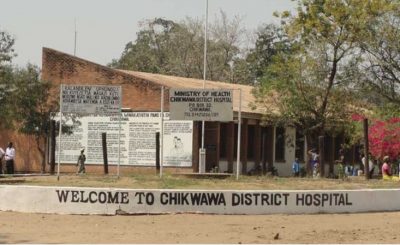The message from members of Mzati Radio Listening Club to Kwaleya Manyozo, 24, of Kaunganya village in Traditional Authority Pemba in Salima district emphasized on the need to go for a modern contraceptive method in order to attain the desired number of children and determine the spacing of pregnancies.
After giving birth to three beautiful sons and a daughter, the message was clear to Manyozo and she was convinced enough that time had come to make the all-important decision. “Child spacing was difficult,” she said while adding:”I was having one child after another.”
Soon after being sensitized on the importance of family planning, Manyozo discussed with her husband and they agreed to go for family planning. At first Manyozo started using the Depo Provera Injection method but after seeing that it was causing some problems she approached members of Mzati Radio Listening Club who advised her to go for pills. Manyozo admits that since starting using pills in May 2018, everything is going on well in her body and she has not faced any problem.
Manyozo now a mother of two after the death of her second born daughter, attests that family planning is very important because it has allowed her ample time to raise her third born son before another pregnancy. She appeals to women to use contraceptives in order to control the number of children they have and the intervals between their births.
“My third child was born on December 27, 2016 so since that time we are raising our child peacefully without worry.”
Youth Net and Counselling (YONECO) is under a consortium of experienced Malawi-based partners which is implementing the Health Communication for Life (HC4L) project, a five-year, $24.7 million project funded by the United States Agency for International Development (USAID).
YONECO is implementing the project under FHI 360 as a prime contractor in four districts of Chikwawa, Salima, Nkhotakota and Nkhata-Bay.
The project supports efforts by the Government of Malawi to increase public demand for quality, sustainable, priority health services and products specifically maternal, neonatal and child health; HIV; family planning and reproductive health; malaria; nutrition; and water, sanitation and hygiene.





